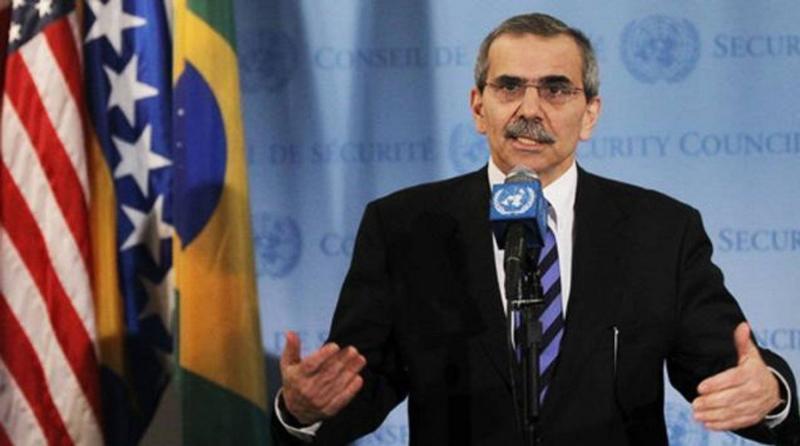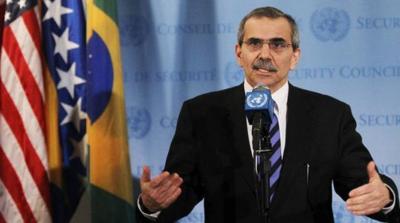When Lebanese entities nominated Nawaf Salam for the presidency of the Lebanese government years ago, the "Resistance Front" launched an attack against him, describing him as a Zionist-American. Now that he has been elected by his fellow judges as president of the International Court of Justice for a three-year term, Israel has waged a campaign against him, considering him hostile to it and to Judaism. According to Al-Nahar Al-Arabi, this is not the first time these two warring parties share an antagonistic view toward an individual or entity. Both have shown, through experience, a commonality in opposing moderation, sobriety, and openness.
While the "Resistance Front" antagonizes independent figures who regard the constitution as a reference, the law as a guiding light, moderation as a behavior, and rationality as an option, Israel has long deemed that any Arab who communicates rationally, adheres to the law, interacts with the West, and believes in moderation is an enemy. Ultimately, such an individual presents a reality that contradicts the stereotypes crafted by Zionist lobbies over many decades.
The reactions to Nawaf Salam's election as president of the International Court of Justice, following years of responses to his nomination for the Lebanese government, reveal the dangerous intersection between Israel and the "Resistance Front." These two parties do everything possible to monopolize the narrative, stage, and reality.
In reality, the proposal to nominate Nawaf Salam for the Lebanese government years ago stemmed from a belief that he could create a minimum level of understanding among Lebanese parties for the higher interest that respects the constitution, both in text and spirit. Those who developed this proposal sought to respond to a strong desire expressed by the Lebanese for individuals who wouldn’t distribute their state’s shares on the tables of corruption.
In Beirut, the context was clear, while in The Hague, it would have been illogical for judges to choose Nawaf Salam as their president if they hadn’t found in him, through their years of working together, the essence of an international judge capable of separating his convictions from evidence, his impulses from the law, and his biases from the truth.
There is not a single judge in this world, especially in international justice forums, who is "colorless," but what distinguishes an excellent judge from a poor one is that the former sets aside personal interests for the sake of justice, while the latter prioritizes personal interests over justice. The judges of the International Court of Justice, when voting for Nawaf Salam, recognized this distinguishing trait in him.
Moreover, the "Resistance Front's" attack on Nawaf Salam has exposed it for what it is—a party chasing individuals who can serve its interests at the expense of the higher national interests. Likewise, Israel's attack on Salam’s election as president of the International Court of Justice shows it as a state eager to exploit anything to remain above accountability and more powerful than the law, particularly as it faces litigation for violating the genocide convention in its war in Gaza.
In any case, Nawaf Salam's election as president of the International Court of Justice, far from the "Israeli obsession," highlights the decision-makers in Lebanon, who are obsessed with choosing "the boys" over men. The difference between "the boys" and men is vast. "The boys" may hold advanced degrees but lack the ability to discern right from wrong, whereas men may not necessarily hold such degrees but distinguish themselves by sacrificing all positions for the sake of truth. Nawaf Salam is one of those men!




